Kirk Herbstreit, a name synonymous with college football, has long been regarded as one of the most respected voices in the sport. From his role as a game analyst on ESPN’s *College GameDay* to his work as a color commentator for ESPN’s college football broadcasts, Herbstreit has earned widespread praise for his expertise, enthusiasm, and knowledge of the game. However, despite his esteemed career, the Ohio State graduate has found himself in the crosshairs of a section of Buckeye fans who believe he has a bias against their team.
In a recent interview, Herbstreit addressed the tensions that have arisen between him and some Ohio State fans, revealing that his objectivity in covering college football sometimes comes with a price. He acknowledged that while many fans appreciate his balanced perspective, there are those who don’t take kindly to the fact that he isn’t an unabashed cheerleader for Ohio State, the school that launched his own career as a football player. Herbstreit’s comments reflect a broader issue that many sports analysts, especially those with close ties to the teams they cover, face in the world of sports media.
### A Career Built on Objectivity
Kirk Herbstreit’s rise to prominence as a college football analyst is a story of hard work, skill, and an unwavering commitment to providing the most accurate and insightful analysis possible. After a successful college football career at Ohio State, where he played quarterback from 1989 to 1993, Herbstreit transitioned seamlessly into broadcasting. He was quick to establish himself as a knowledgeable and fair commentator, combining his deep understanding of the game with the ability to convey complex strategies and nuances to a wide audience.
From the start, Herbstreit made it clear that he wasn’t interested in playing favorites or pandering to any particular fan base. His approach has always been rooted in fairness and objectivity, which is crucial when covering a sport as passionate and regionally divided as college football. On *College GameDay*, a show that covers college football in depth every Saturday during the season, Herbstreit has built a reputation for offering reasoned opinions and taking a level-headed approach to discussions.
However, this objective stance is sometimes perceived as criticism by fans who are too emotionally attached to their teams. And that’s exactly the situation Herbstreit finds himself in with some Ohio State supporters.
### The Strained Relationship with Some Ohio State Fans
In the interview where he discussed the tension between himself and certain Ohio State fans, Herbstreit explained that his fairness, which he believes is one of his strongest attributes, often leads to backlash. He stated, “Some Ohio State fans don’t like me because I am fair, because I am… objective.” These fans, who have grown up rooting for the Buckeyes, may be so emotionally invested in their team’s success that they find it difficult to accept anything less than glowing praise from a former Ohio State player.
This dynamic is not unique to Herbstreit. It happens all over the world of sports media, where former players or alumni are expected to demonstrate unshakable loyalty to their alma maters. There’s a common expectation that once someone graduates from a university, particularly a major program like Ohio State, they should become an automatic ambassador for the team. Fans often see any criticism of their team as a personal affront, and it’s not uncommon for analysts like Herbstreit to receive backlash for offering a more balanced view.
Herbstreit’s predicament is further complicated by the fact that Ohio State has been one of the most successful and popular programs in college football. With success comes scrutiny, and as a major figure in college football broadcasting, Herbstreit has to critique the Buckeyes just as he would any other team. This can often put him in an awkward position, especially when the Buckeyes are performing poorly or falling short of expectations.
### A Fine Line Between Objectivity and Bias
The crux of Herbstreit’s comments centers around the idea of balance. In the world of sports commentary, analysts are often expected to be impartial and to avoid leaning too heavily toward one team or another. Yet, this can be a difficult line to walk, particularly when the teams being analyzed are as beloved as Ohio State. Many fans of the Buckeyes see Herbstreit as one of their own, given his status as an alum and former player. They expect him to be an advocate for the team, representing their interests and defending the Buckeyes from criticism.
However, Herbstreit is quick to emphasize that his role is not to serve as a mouthpiece for Ohio State but rather to offer an objective assessment of the team’s performance. “I’m paid to do a job,” he said. “I’m not paid to be a cheerleader.” This philosophy has led him to critique the Buckeyes when necessary, whether it’s pointing out mistakes on the field, analyzing coaching decisions, or addressing issues off the field.
Herbstreit’s objective approach has made him a trusted figure among college football fans who value honesty and transparency in their analysts. They appreciate that he is not swayed by loyalty to any one team and that his critiques are based on merit rather than bias. This is why Herbstreit has maintained his position as one of the top analysts in the industry for so many years. His credibility is built on his ability to call things as he sees them, whether the team in question is Ohio State, Alabama, Michigan, or anyone else.
### The Influence of Fan Loyalty
The relationship between sports media personalities and fans is a complex one, and it often reflects the deep emotions and passionate loyalty that define the world of college football. Fans often see their teams as extensions of themselves, and when a commentator who shares their school’s history offers a critical opinion, it can feel like a betrayal. This is especially true in the case of Ohio State, where the football program is a point of pride for many people in the state and across the country.
For Herbstreit, his Ohio State roots mean that his critiques carry more weight. When he points out flaws in the team’s performance or gives a harsh assessment of a game, the reaction is more intense because of his personal connection to the program. While some fans understand that his analysis is fair and based on objective criteria, others can’t help but feel let down by a former Buckeye who isn’t singing the team’s praises every chance he gets.
It’s a testament to Herbstreit’s character that, despite the backlash, he remains steadfast in his commitment to objective journalism. He continues to offer his honest analysis, even if it means displeasing certain segments of the fanbase. This is what makes him stand out in a crowded field of college football commentators — his integrity and willingness to stick to his principles.
### Conclusion
Kirk Herbstreit’s comments about the tension with some Ohio State fans highlight the delicate balance that sports analysts must strike between loyalty to their alma maters and the need for objective, fair analysis. As a former player for Ohio State, Herbstreit has an intimate understanding of the program, but his commitment to fairness has often led to criticism from fans who expect him to be more biased in favor of the team.
Ultimately, Herbstreit’s stance is a reminder that true professionalism in sports journalism means offering a fair and balanced perspective, even if it means disappointing those who would prefer blind loyalty. His career is a testament to the value of objectivity in sports analysis and the importance of staying true to one’s principles, no matter the consequences. For Herbstreit, being fair and objective is not just a job — it’s a responsibility, and it’s one that he continues to fulfill with integrity.

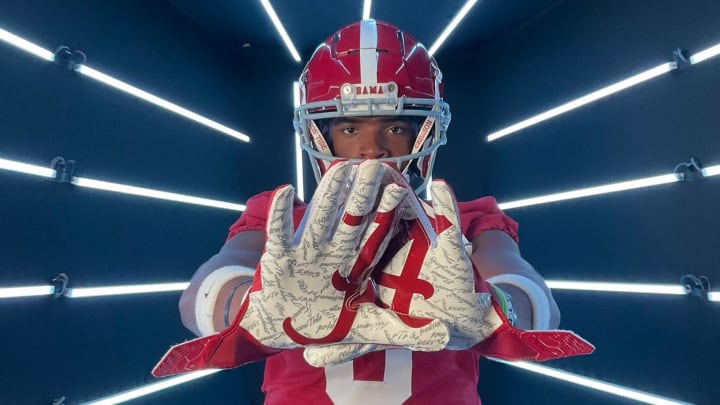
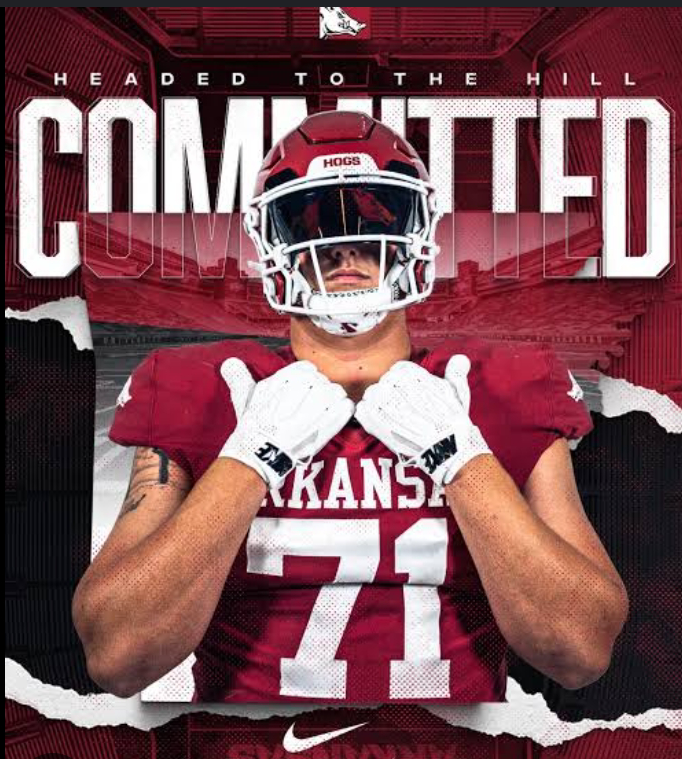
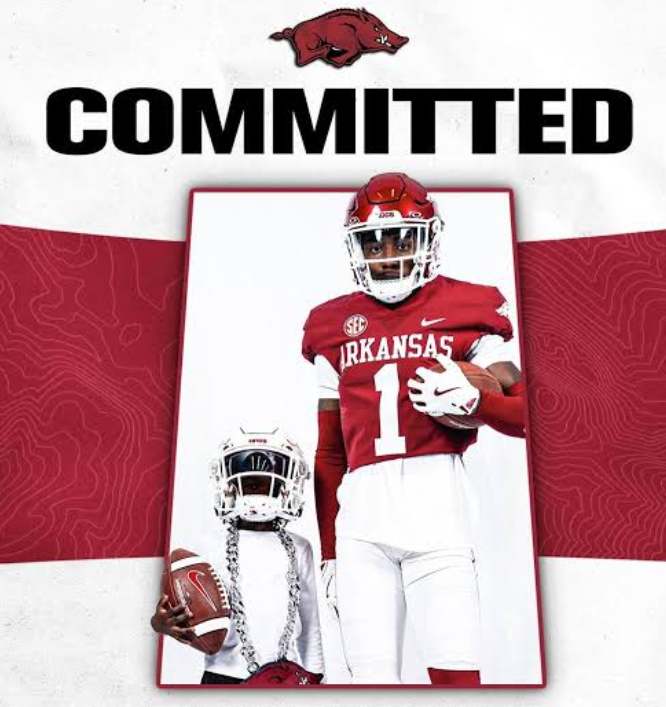
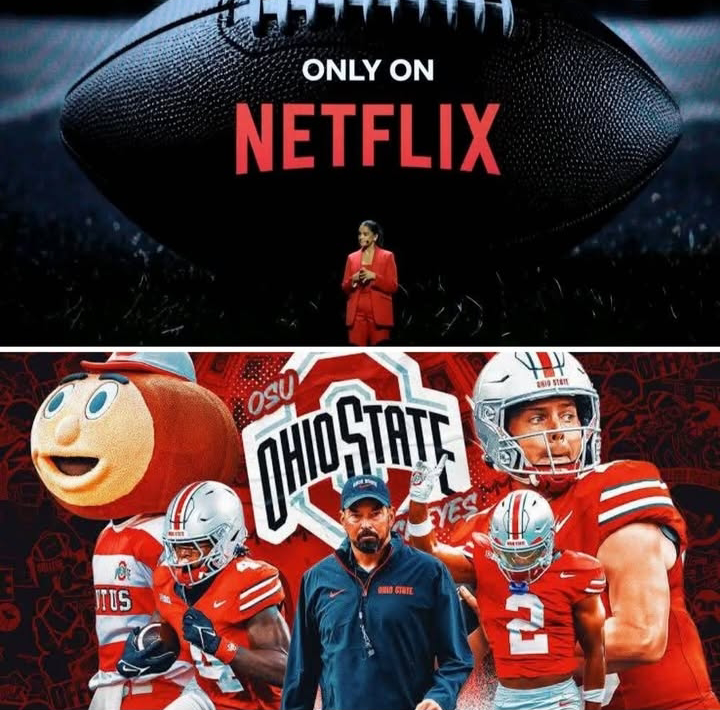
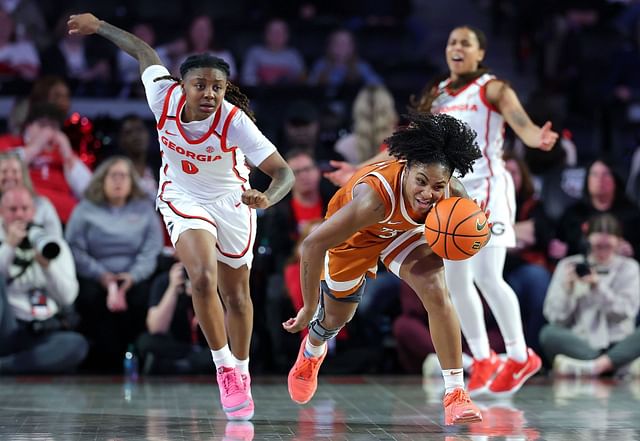
Leave a Reply